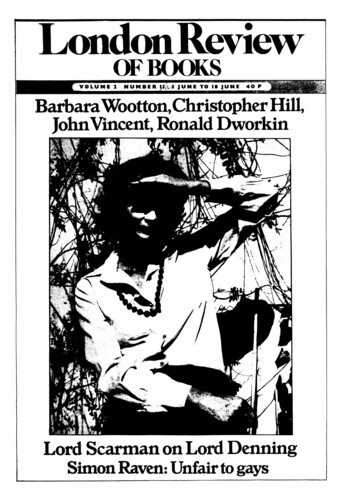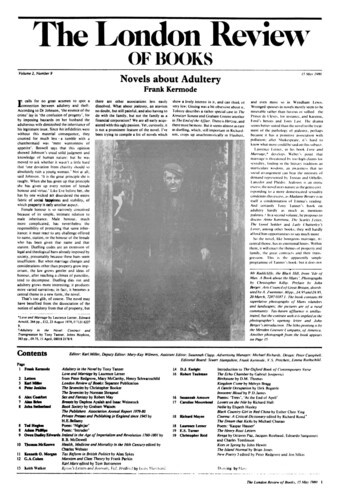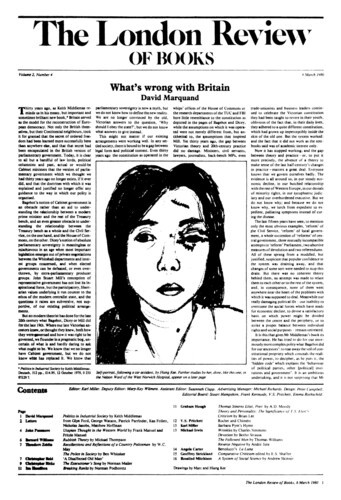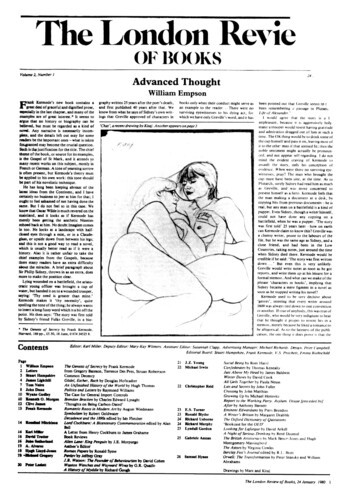Poem: ‘Charnel’
Christopher Reid, 19 June 1980
God’s clownish, tumbling bells bang out their Sunday-morning scales with rabble-rousing eloquence. But what of the sad, cramped hells, we know lie hidden hereabouts? Minded by corpulent nymphets with wings and frowns, in reticence they guard their deeply-embedded doubts.
A mawkish exercise, but one that everyone enjoys – to step about this cluttered suburb like a daytime ghost. We...




